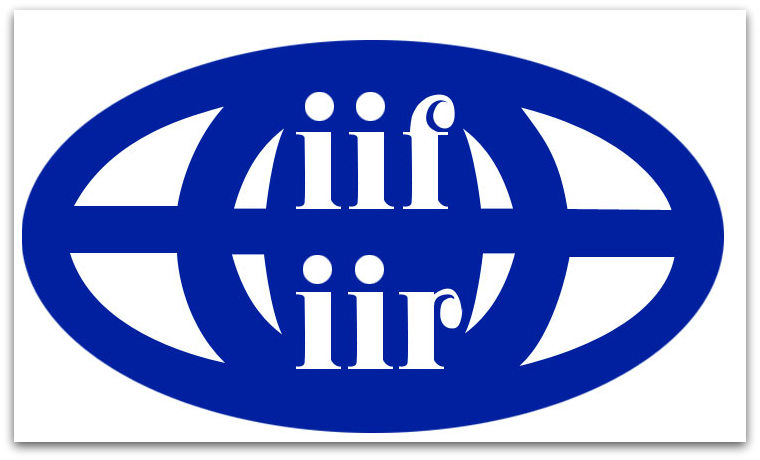Ethical code of the Editorial Board
Ethical code of the Editorial Board
- The Editorial Board must examine all manuscripts submitted for publication without prejudice to their authors (their national or religious identity, or their official status), with unconditional observance of their intellectual property rights, and in the context of the authors’ previous publications.
- If a member of the Editorial Board is a manuscript’s author, he or she must delegate his or her rights to review such manuscript to another qualified person.
- The Editorial Board shall preselect and review the submitted manuscripts within one month after they were received, and reserves the right to accept a manuscript for publication, or decline it, or send it back for revision.
- The Editorial Board reserves the right to choose the method of reviewing (open or anonymous) and the number of reviewers involved to ensure impartial assessment of a manuscript. Nobody, expect those who participate in the assessment, shall have access to the manuscript’s content.
- If a manuscript is accepted for publication, its authors shall be notified on the expected time of publication. The article will be published and posted on the websites related to the journal. If a manuscript is declined or sent back for revision, the Editorial Board shall provide sufficient explanations of their decision to the authors.
- Published materials may not be reproduced in full or in part without previous written consent of the authors and the Editorial Board of the journal. If they are cited or distributed via web resources, a reference must be made to their source.
- Any information from an unpublished manuscript may be used only with the authors’ consent.
- If there is sufficient evidence that the materials published in the journal are incorrect, the Editorial Board should publish a notice about the errors signed by the persons who discovered them.











